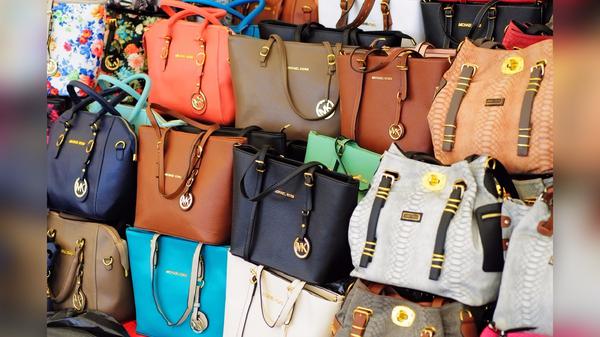Do you think that smuggling, piracy or counterfeiting are minor crimes or tolerable activities? Well, they are not, at all. These are illegal activities with serious consequences for everyone. Customs crimes and crimes against intellectual property move millions of dollars, but they also harm national industry and private investment, threaten the generation of quality formal employment and harm consumers who receive poor quality products. As if that were not enough, they generate that the State collects less taxes that could be used in works and initiatives that benefit the entire population.
It is important, for all these reasons, that the State redouble its efforts to combat these crimes. It is along these lines that the Commission for the Fight against Customs Crimes and Piracy (CLCDAP) was created, chaired by the Ministry of Production and made up of 16 entities from the public and private sectors. The objective of this Commission is to reduce the occurrence of contraband merchandise entering the country, as well as to combat crimes against intellectual property in all its forms, with a view to strengthening the national industry and favoring competitiveness.
Smuggling, piracy and counterfeiting constitute unfair competition against formal companies that comply with control and quality standards in the products and services they provide, pay their taxes and comply with labor regulations. These are crimes that not only harm businessmen; Above all, they affect workers, since they favor labor exploitation, informal work and underemployment.
Also, because of these illicit, fair recognition is not given to the authors who should receive a fair value for their creation. For this reason, smuggling, piracy and counterfeiting discourage creativity, entrepreneurship and innovation.

How to Prepare Your Child for School a. Encourage your child to love learning. b. Set a bedtime schedule prior to… https://t.co/GxW0tsEFUS
— Central Child Development Center Thu Oct 17 14:00:00 +0000 2019
This problem is visible in informal markets that favor the sale of contraband, pirated or counterfeit merchandise in areas as diverse as food, paper, chemical products, footwear, textiles and clothing, tobacco and alcoholic beverages, as well as agricultural products and plastics in general. . In Lima, this is easily noticeable in shopping malls such as “Polvos Azules”, “Mesa Redonda”, “El Hueco”, “Polvos Rosados”, etc. In the provinces, the problem is similar and clearly noticeable in places like Puno, Juliaca, Tacna, Moquegua, Arequipa, Cusco, Ica, Huancayo, Iquitos, Pucallpa, Trujillo, Chiclayo, Piura and Tumbes, among others.
Nor can the impact of these crimes on tax collection be underestimated. A SUNAT report indicates that throughout 2016 the amount of contraband seizures throughout the country reached US$573 million. And that is only a fraction of the contraband that moves through the national territory. For this reason, within the framework of the CLCDAP, various work groups have been set up to defend the Industry against piracy, counterfeiting and smuggling in the following sectors: Pay TV, Broadcasting, Cigarettes, Alcoholic Beverages, Publishing, Audiovisual, Software and Cables and electrical connectors.
You already know, if you think that smuggling, piracy and counterfeiting are "misdemeanor" crimes, think twice.
48 Best Parka For Extreme Cold In 2021 Based On 7300 Reviews
Coronavirus Mexico July 4; summary of the latest news, infections and deaths
Bertín Osborne gives Pablo Motos a zasca for 'El Hormiguero': "You don't spend the money"
The dandies of the Congo